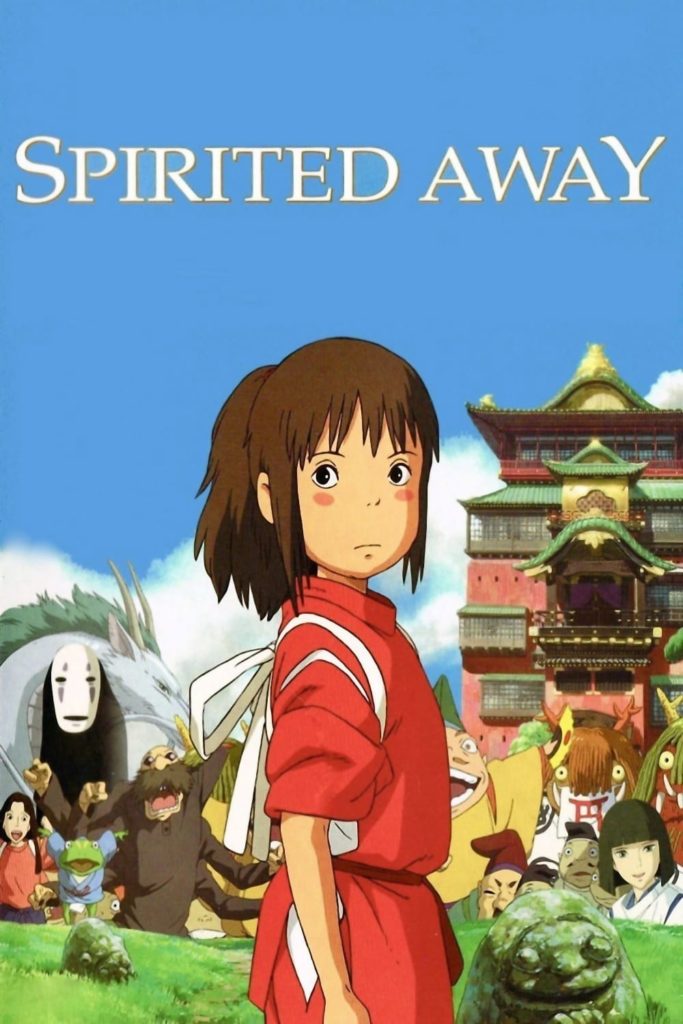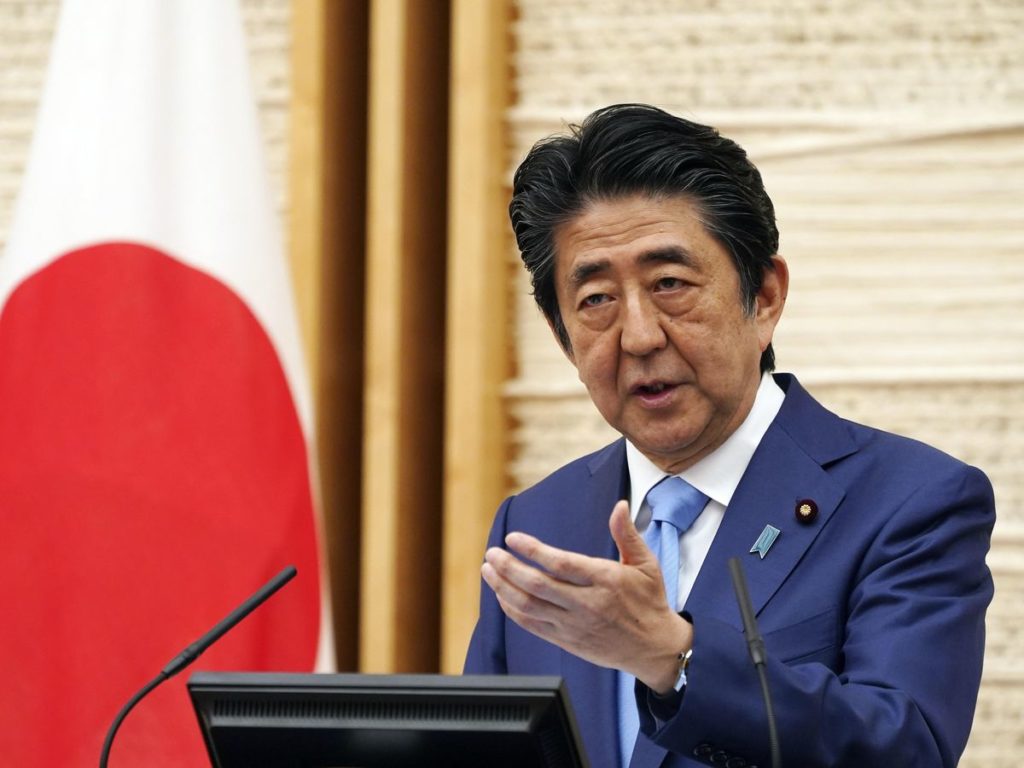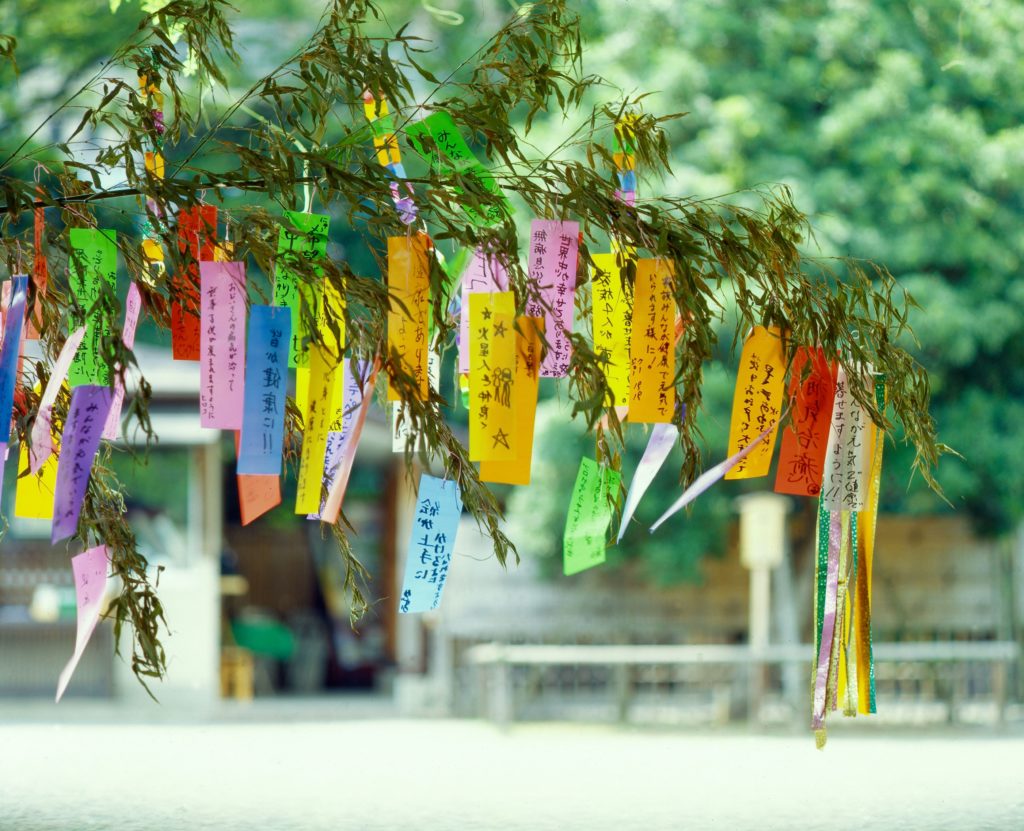
My time at Middlebury College was a truly unforgettable experience. I gained very important insights about the process of language acquisition. During the program, every weekday we took four hours of classes in the morning. During the classes we would learn new grammar and vocabulary, then immediately put it to use by speaking with the person sitting next to us. Quite simply, the best way to learn a language is to use it! It’s a skill like any other. You have to speak, write and think in Japanese as often as possible.
Moreover, after class ended, we weren’t exactly “free”. There was homework that was always due the next day and daily online quizzes. This was important not only for reinforcing the fundamentals, but speaking and hearing the language is always the best way to learn. Therefore, during lunchtime and dinnertime, all Japanese students and professors ate in the same cafeteria space. This encouraged conversation. Learning a language is an incredibly humbling experience because as a graduate student I pride myself on my ability to speak and write well. However, when I was communicating in Japanese sometimes my diction was little better than a toddler’s and it was at times quite frustrating when I couldn’t think of the right word in the middle of a conversation. It was in those moments that I learned another important lesson: language-learning is communal. When I did not know the word or grammatical rule, I would ask my classmate and they would do the same in return. We helped each other grow. Being willing to ask for, receive and give help is essential to making the language learning journey easier.
I believe that the above is some of the best advice that I can give to someone who was considering applying for an SLA Grant or preparing to start their own summer language study. Be humble and prepared to make mistakes (constantly). But don’t lose faith. You’ll get better every day even if it doesn’t feel that way right away. That’s why I would say that the thing that has changed most about me since completing Middlebury’s immersion program has been learning to not let my desire for perfection interfere with my desire to get better.




